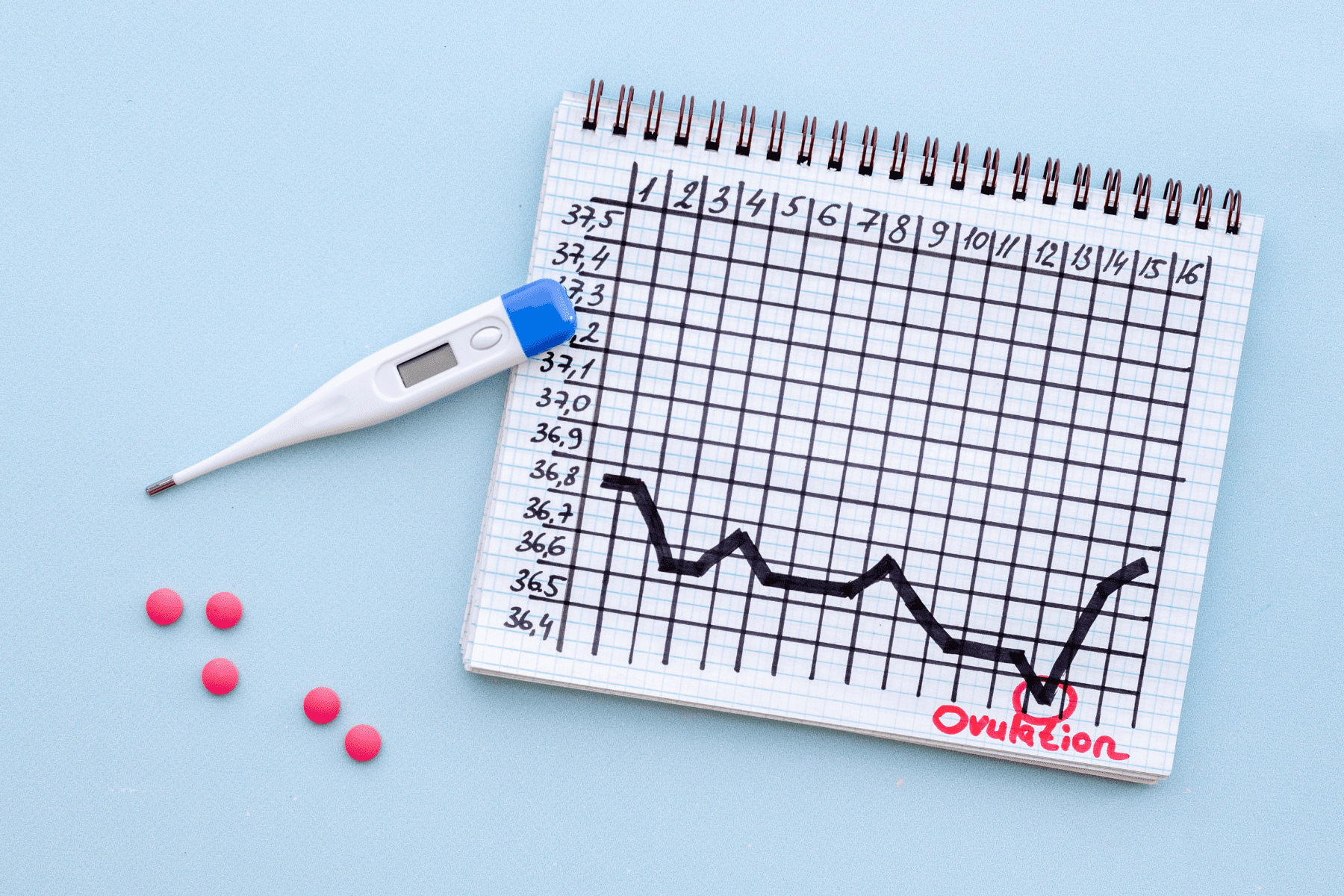Studies performed more than thirty years ago clearly point to the importance of progesterone in early pregnancy.
Before week 7 of pregnancy, progesterone is mainly derived from the Corpus Luteum whereas after 9 weeks, progesterone is almost entirely from the trophoblasts, leading the well known luteal-placental shift in pregnancy.
Single and even serial measurements of serum progesterone have limited clinical value due to its pulsatile secretion. Endometrial tissue for histologic assessment has been shown to have widely discrepant results thus progesterone supplementation is largely empiric and widely given liberally for many clinical situations where progesterone may not be optimally present.
Routes of administration of progesterone include oral, vaginal and intramuscular injection. Oral micronized progesterone is convenient for the patient, and it can be considered for supplementation in those patients who secrete endogenous progesterone such as those undergoing with natural Cycle or Ovulation Induction with clomiphene citrate or gonadotropins.
For patients undergoing assisted reproduction, progesterone supplementation is essential since GnRH agonist or antagonist used to prevent premature LH Surge frequently results in poor luteal function due to suppression of pituitary LH secretion.
Although intramuscular progesterone in oil generates high serum levels of progesterone, vaginal administration results in very high local progesterone concentration in endometrial tissue. A recent Cochrane systematic review of clinical trials concluded that with IVF cycles, similar pregnancy rates were observed with intramuscular or vaginal routes of progesterone administration.
Typical doses of progesterone supplementation include oral micronized 200mg (Prometrium) once to twice per day. Available vaginal progesterone supplementation include compounded progesterone suppositories 200mg once to twice per day, progesterone vaginal gel 9% (Crinone or Prochieve) once per day or as a vaginal insert with an applicator 100mg two or three times per day (Endometrin).
Progesterone administered via intramuscular injection in oil is dosed at 50mg per day. There is wide variation among physicians regarding the optimal duration of progesterone supplementation in pregnancy. In our practice, we discontinue progesterone supplementation between 9 and 12 weeks of gestation.
Available evidence suggests that the most common forms of progesterone supplementation are safe in early pregnancy. Earlier reports of a possible link between exposure to progestogens and an increased risk for hypospadias have been discounted since the few cases involved were with high doses of progestins derived from androgens.
The FDA conducted a thorough review of the relevant published studies, and they found that there is no increase in Congenital anomalies including genital abnormalities in male or female infants resulting form maternal exposure to progesterone or 17 α- hydroxyprogesterone in early pregnancy.
Sorry, no medical team available right now!






